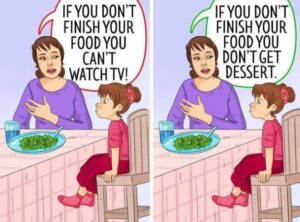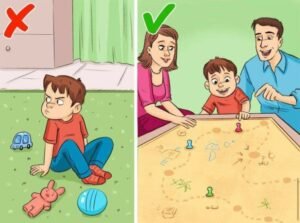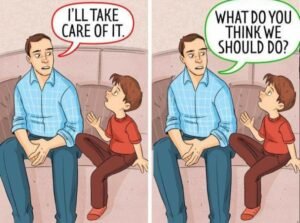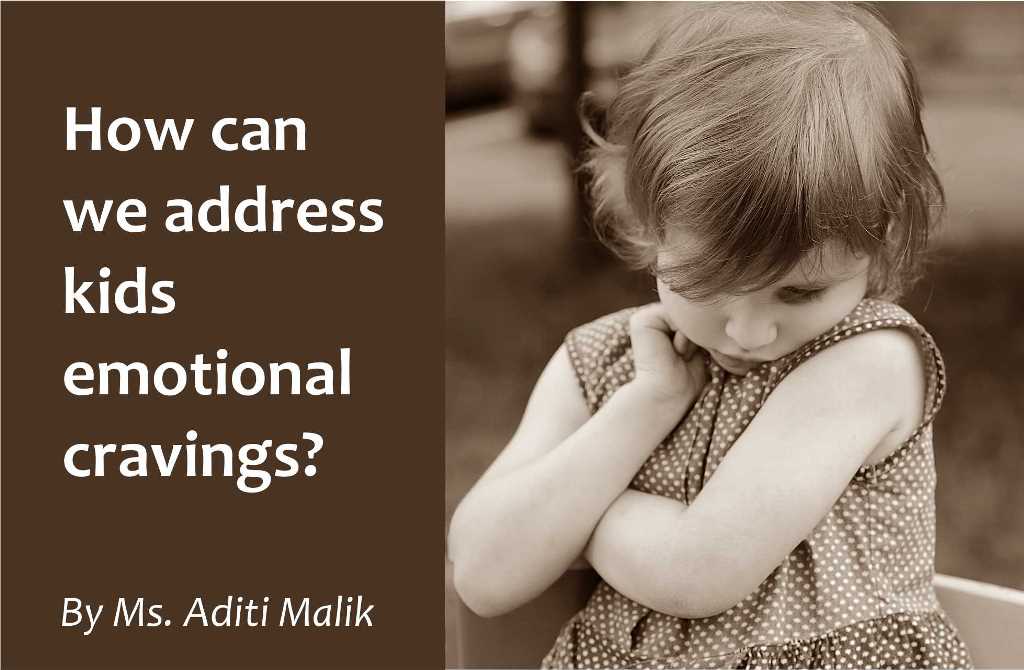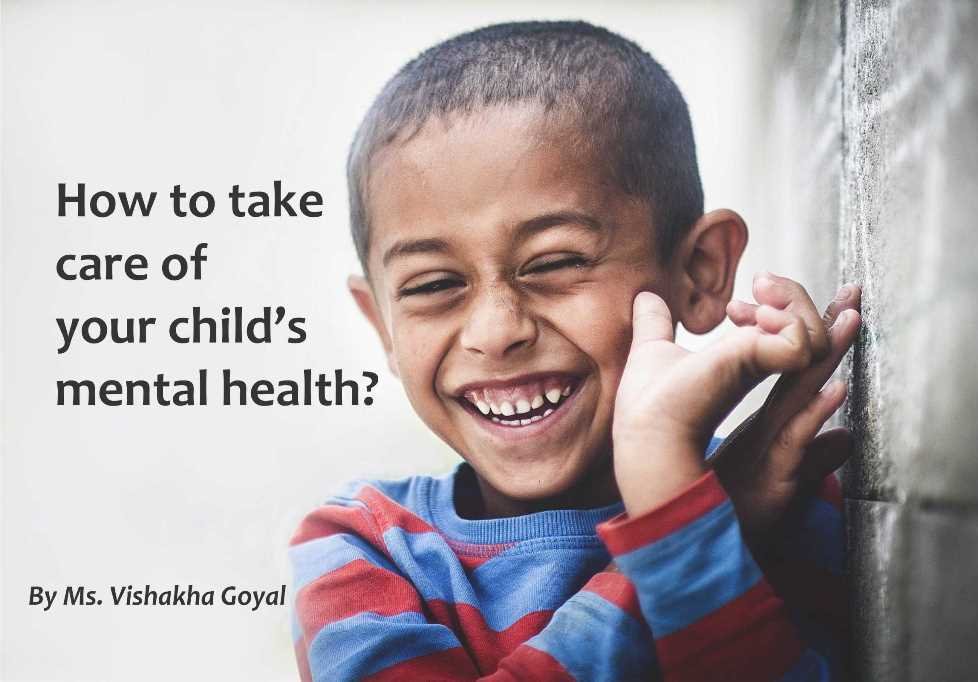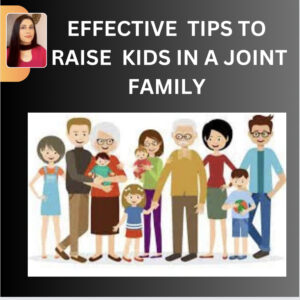 EFFECTIVE TIPS TO RAISE KIDS IN A JOINT FAMILY
EFFECTIVE TIPS TO RAISE KIDS IN A JOINT FAMILY
Raising kids in a joint family can be a great way to provide them with a strong support system and a sense of community. However, it can also be challenging, as there are often more people involved in decision-making and discipline. Here are some tips for raising kids in a joint family:
- Communicate with your extended family. It’s important to communicate with your extended family about your parenting goals and expectations. This will help to ensure that everyone is on the same page and that your child is getting the consistent messages they need.
- Set clear boundaries. It’s important to set clear boundaries with your extended family, especially when it comes to discipline. Let them know what you are comfortable with and what you are not.
- Be respectful of your extended family’s opinions. Even if you don’t agree with everything they say, it’s important to be respectful of their opinions. This will help to create a more positive and harmonious environment for your child.
- Be grateful for the support. Raising kids in a joint family can be a lot of work, but it’s also a lot of support. Be grateful for the help that your extended family provides and let them know how much you appreciate it.
Here are some additional tips:
- Involve your extended family in your child’s life. This could include taking them on outings, spending time with them at home, or asking them to help with childcare.
- Encourage your child to spend time with their grandparents and other extended family members. This will help them to build strong relationships with their elders and learn about their family history.
- Talk to your child about the importance of respecting their elders. This will help them to understand the value of family and tradition.
- Be patient and understanding. Raising kids in a joint family can be challenging, but it’s also a rewarding experience. Be patient with your child and your extended family, and remember that everyone is doing their best.
Here are some specific challenges that you may face when raising kids in a joint family:
- Differing parenting styles. It’s common for extended family members to have different parenting styles than you do. This can be a challenge, as you may not agree with how they are raising your child. It’s important to communicate with your extended family about your parenting goals and expectations, and to set clear boundaries.
- Lack of privacy. Living in a joint family can mean that you have less privacy than you would if you lived in a nuclear family. This can be a challenge, especially when it comes to raising teenagers. It’s important to find ways to give your child some privacy, even if it’s just a few minutes each day.
- Feeling overwhelmed. Raising kids in a joint family can be a lot of work. It’s important to ask for help from your extended family when you need it. Don’t be afraid to say no if you’re feeling overwhelmed.
- Despite the challenges, raising kids in a joint family can be a rewarding experience. By following these tips, you can create a positive and supportive environment for your child.
AUTHOR
FAIZA PARVEZ
Parenting coach




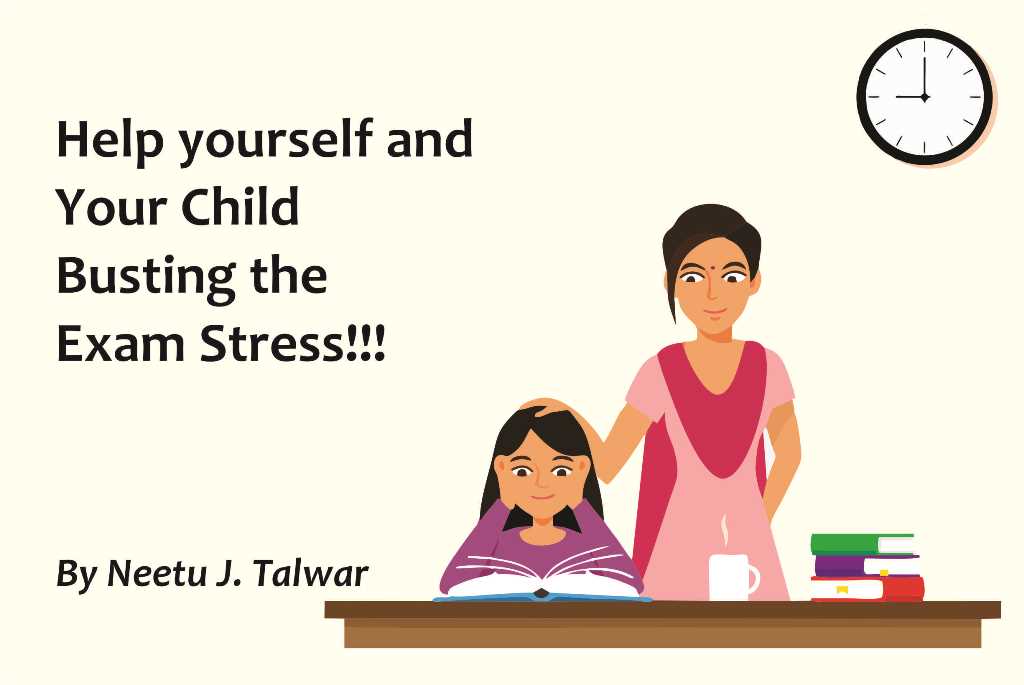
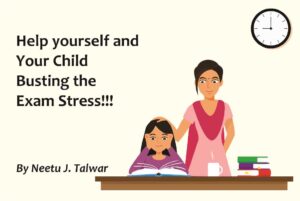
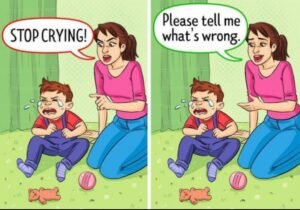
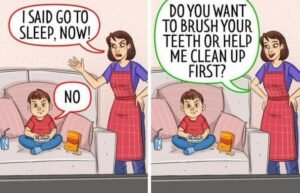
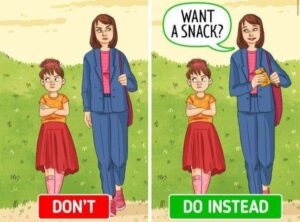
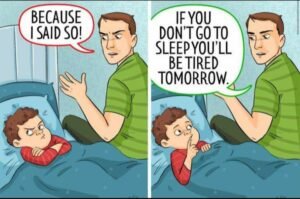 “Because I said so” is not a good reason to give to a child when they ask you why they shouldn’t do something. Always try to communicate with them and explain to them what might happen if they are misbehaving and why they shouldn’t do certain things. Make them aware of the natural consequences their actions might have, so they can learn and make better decisions for themselves later.
“Because I said so” is not a good reason to give to a child when they ask you why they shouldn’t do something. Always try to communicate with them and explain to them what might happen if they are misbehaving and why they shouldn’t do certain things. Make them aware of the natural consequences their actions might have, so they can learn and make better decisions for themselves later.
